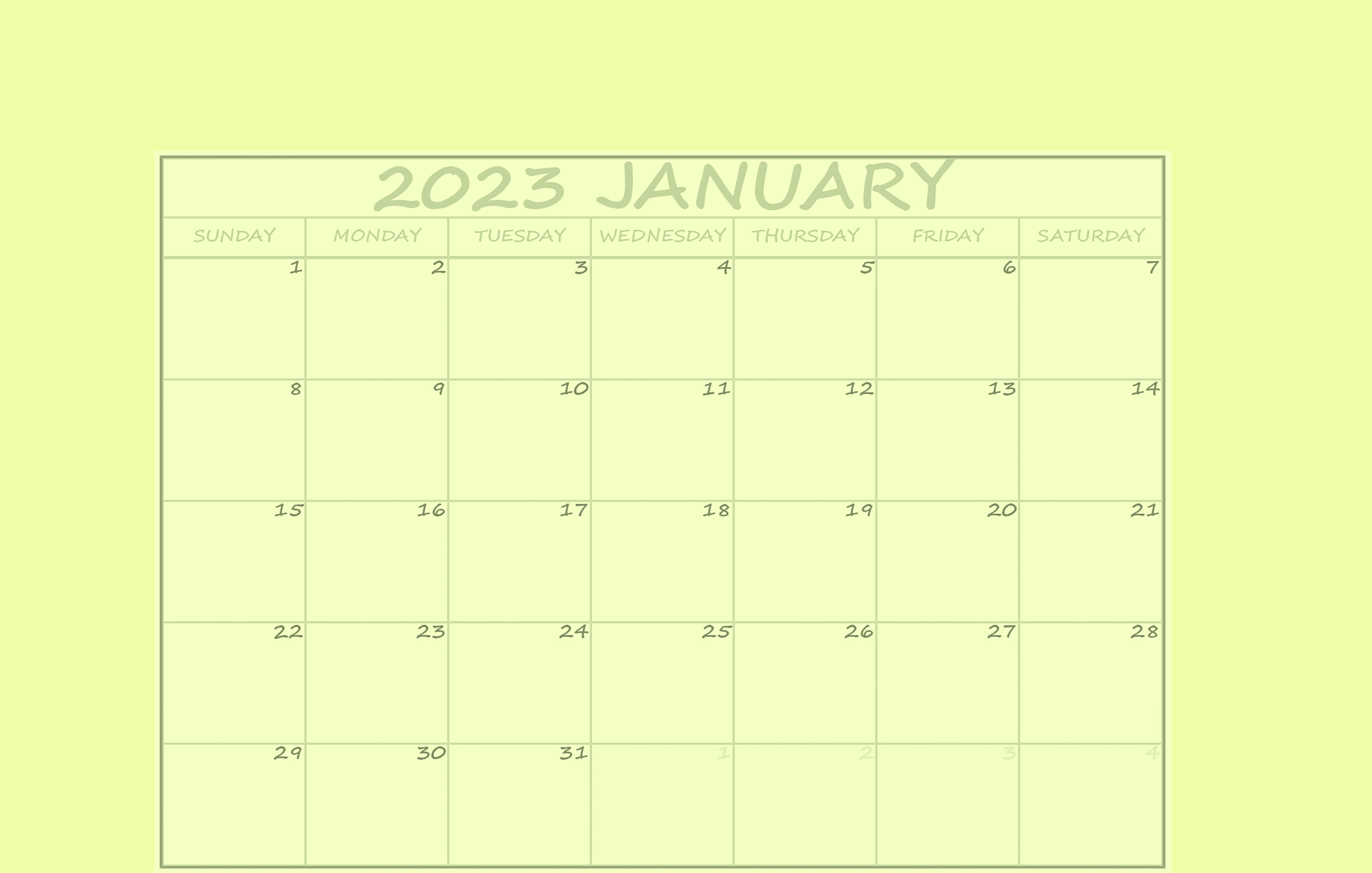It’s the morning after New Year’s Eve;
time to get serious about those resolutions.
Here are three of the most common ones:
Lose weight, get in shape, eat healthier – aren’t these all the same?
Get organized – and this time I really mean it!
Save more money, spend less, invest more.
These are all excellent and important resolutions…but difficult, nonetheless.
How we choose our goals and break them down helps with how well we keep our resolutions.
And once we’ve picked our goals, how do we stay motivated for a whole year?
First of all, don’t put yourself under a lot of pressure.
That will just create stress which could have the opposite effect of what you’re trying to achieve.
Let’s say you want to lose some weight. I think you look great, but if that’s your New Year’s resolution and you think it will make you feel better, then go for it. Break your goal into smaller and more frequent milestones. You didn’t gain your weight overnight; you won’t lose it overnight either. Be kind to yourself.
Almost everyone goes to the gym in January; start by looking at all the excellent gyms we have here in Apex. If this is your first time or if you’re going on your own, meet with some of the employees there, talk to a personal trainer, let them put you at ease. They’re there to help you and they want you to have fun while attaining your goal.
As for eating healthier, I know of at least one grocery store in Apex that offers free recipe cards in their produce area. Pick one, learn a new recipe and try something new.
Next, be realistic and honest with yourself.
Let’s say you want to organize your whole house, and then paint every room and get new window treatments. Is this truly something you can achieve over the span of a year? That’s a lot.
Your best bet here might be to break it down into short term, medium and long-range goals. First, maybe go room by room and clear things out. That could be your short-term goal. Your medium goal might be to paint. But will you paint it yourself, or hire some local professionals? Try one room and see if you like doing it yourself. If you do, it’s possible your medium range goal may turn into your long-range goal, and that’s okay. You can save the next house project for next year’s resolution.
Check in with your resolutions. They shouldn’t be “set it and forget it.”
Your goals need your attention – regularly. You can’t just say you’ll save more and spend less; you have to track expenses and when obstacles occur, such as unexpected expenditures, you have to handle it.
If you need help, talk to your local banker or a financial planner. They are there to help and advise you.
Be flexible. Is the goal you set in January still valid in July?
Imagine, you’ve hit your weight goal in time for summer. You look great and feel great in those new Ray-Ban sunglasses you saved up for and you’re sitting outside waiting for the walls to dry in the last room you painted! All your goals have been met by July! Now what?
On the other hand, maybe you gave up on painting. Just because your priorities changed does not mean you failed. Reassess and move on to the next goal, or an entirely different goal.
Experiment. Throughout this whole process, keep trying.
Don’t like working out on the machines at the gym? Try a class, or go swimming, or join your local running club. Tired of cleaning rooms that don’t stay clean? Or tired of being covered in paint, 24/7? Get help! Had enough scrimping and saving? Treat yourself. Or readjust your budget.
Almost half of all Americans will make resolutions and most won’t stick to them. What can we do? The science of motivation may have some helpful answers for how to stay self-motivated all the way through to the end of a long-term project. Because isn’t that what resolutions are? Long term projects?
Give advice to someone who is trying to achieve a similar goal. Giving advice helps us recall past successes, thereby increasing our confidence and continued commitment to success.
Put a number on it. Think of your goal like a recipe. You need to know how much, how long and when. So, if you’re trying to get more exercise, ‘walk a lot’ doesn’t help you as much as ‘walk 10,000 steps.’ When? Every day. How long? Work up to it – but as long as it takes.
Track your progress. Having a target makes progress easier to track. Using the number 10,000 again, maybe you would like to save $10,000 dollars this year. You might be a little disappointed if you only got to $9,900. Tracking your progress along the way might be helpful.
We’re all motivated in the beginning but how do we get through the slack in the middle of our ‘project’? Here are a few things that might help.
Look back at what you’ve accomplished so far before looking forward to what still needs to be done. And then create a fresh start in your mind. The first of the month, for example, can be a great time to recommit and restart.
Find the fun—my personal favorite! We all like immediate gratification so finding the fun while you’re on your way to your goal may make it more likely that you’ll stick with it to the end. Fun increases motivation.
Keep it fresh and new. Whoever said it’s good to learn something new every day was right. Most of us enjoy the feeling of learning, and it helps us stay motivated.
Social support is important. It helps to have someone on your side who also really wants to see you succeed.
Whether you make and keep your New Year’s resolutions or not, I believe we change our circumstances by changing how we think of them and look at them. I have a framed print in my house that reminds me of this. It reads: “When I change the whole world changes.”
To resolve or not to resolve, that is the question, and the choice is yours.









